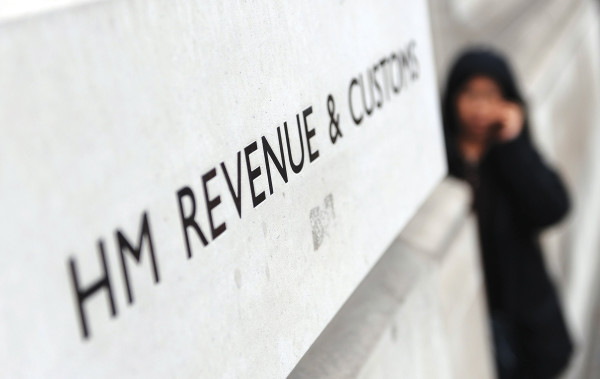Under this approach, deregistration – which would effectively remove a scheme’s tax privileges – could be used against a scheme sponsored by a company that has been dormant for at least one month in the past year.
The measure, which could be used to tackle scammers, also poses a threat to schemes backed by legitimate entities – including dormant companies used to start up a business where a Ssas is set up in the first year, and companies that are wound down in cases such as a takeover.
As the government noted following its pension scam consultation, some respondents “did highlight circumstances, albeit uncommon, in which a scheme may genuinely be established by a dormant company, such as to consolidate former pension schemes into one new special-purpose vehicle, or to establish a new trust scheme to take employees from a not yet established company”.
As such the government has proposed to require all new pension scheme registrations be made through an active company, except in “legitimate circumstances”.
Martin Tilley, of Dentons, notes: “The primary intention is clear: to prevent or make harder the registration of schemes intended for illegal purposes.”
But he adds: “The proposed legislation places the use of discretionary powers with HMRC, which could be used bluntly. The risk exists of either legitimate schemes being deregistered with penal tax consequences or the prospect of trustees/administrators having to enter into lengthy correspondence to evidence the legitimacy of their schemes, which could be time-consuming and costly.”
Strong and stable?
The outcry over scams that has come to the fore over the past two years – and the focus on Ssas as the scammers’ pensions vehicle of choice – had an impact on business in 2016, and appears to have done so again in 2017.
Table 1 details the funds under management for the different providers, as well as the total number of Ssas for each and how many schemes a company has set up in each of the past five years.
In the first 11 months of 2017, survey respondents set up 792 new schemes, at an average of 33 per provider. This marks a notable fall from the full year of 2016, when 1,034 new Ssas were established at an average of 43 per firm.
Rowanmoor set up just 61 Ssas in the first 11 months of 2017, compared with 131 in 2016. In its survey response, the firm says it tightened its investment eligibility criteria and, in some cases, deemed its Sipp products to be more suitable for clients.
Others have also seen drops. Whitehall Group had established 169 schemes in the year to date as of 30 November, down from 2016’s total tally of 259.











